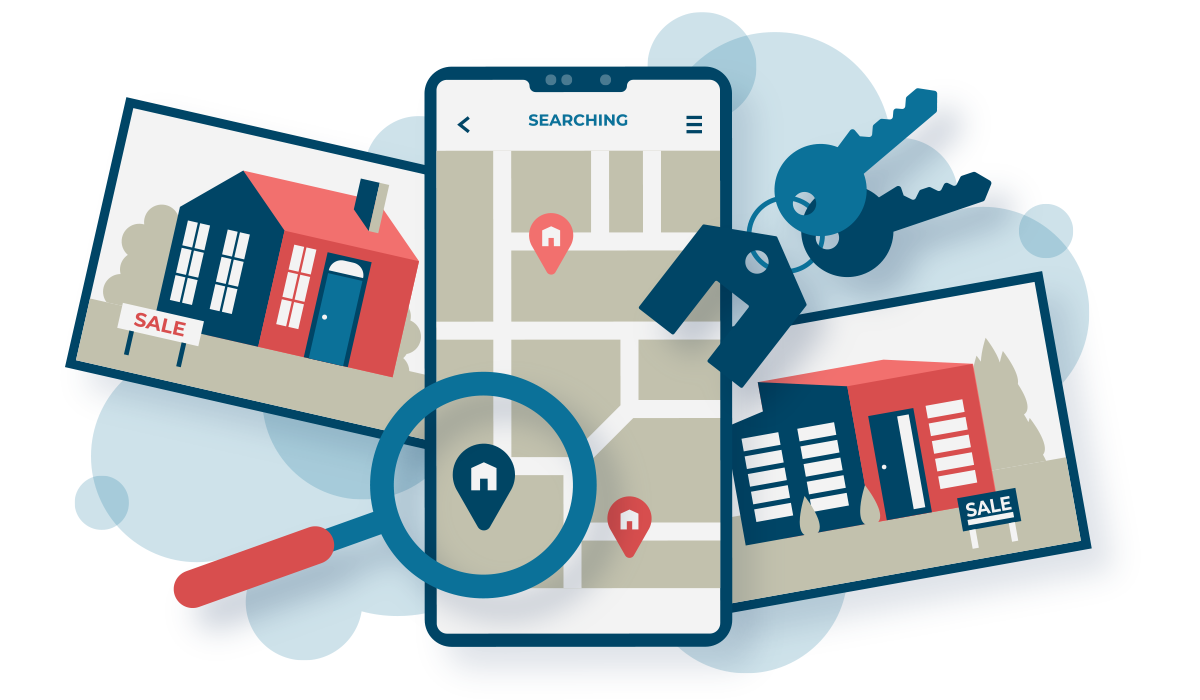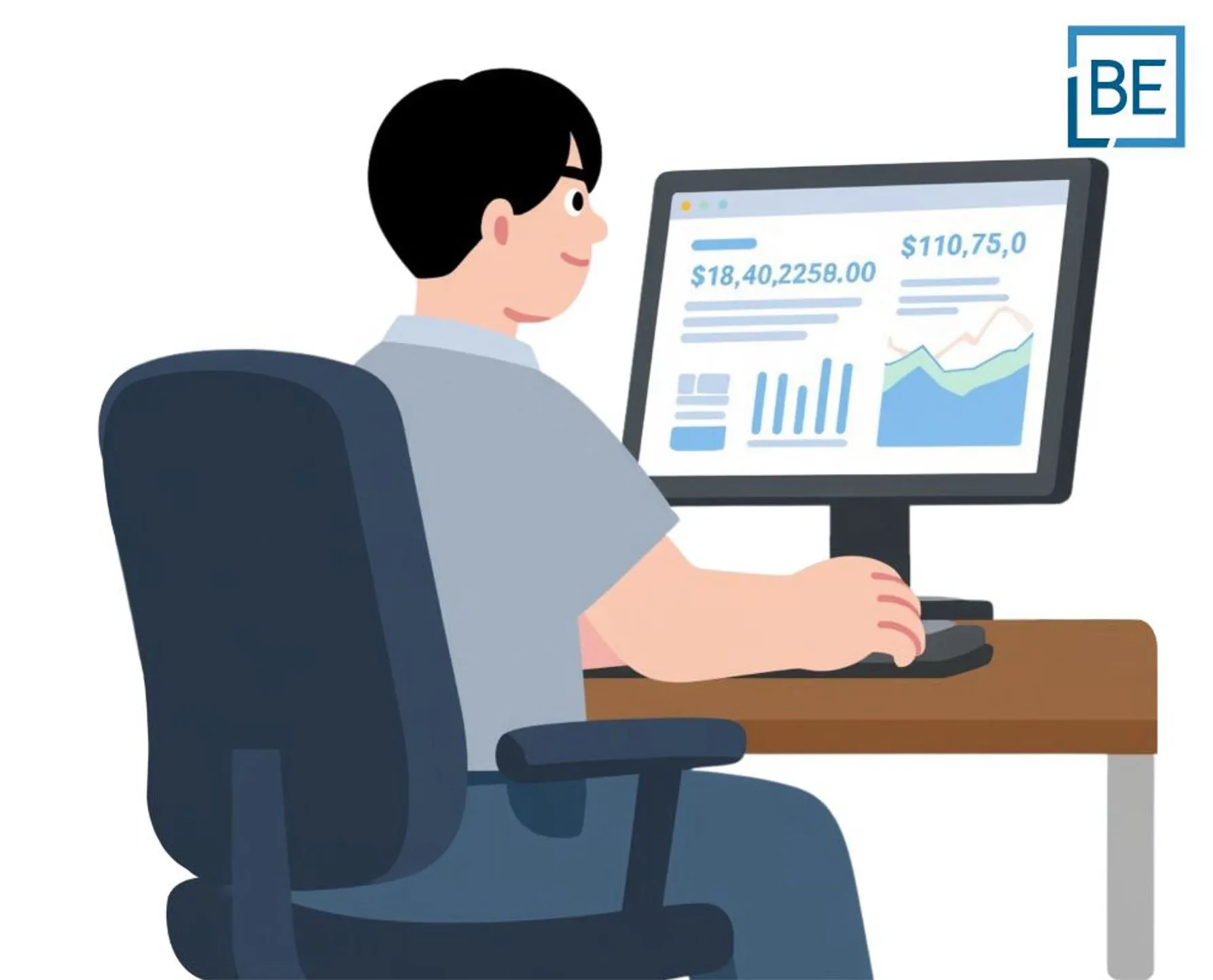juridique - Blockchain - cryptomonnaies - immobilier
Acheter des biens immobiliers en Thaïlande avec des crypto-monnaies
Depuis son apparition, le Bitcoin a révolutionné la manière dont les individus perçoivent et investissent leur argent.
La Thaïlande reconnaît désormais le bitcoin (BTC) comme une monnaie légitime (ainsi que d'autres crypto-monnaies énumérées dans le Acte royal sur les entreprises de gestion de patrimoine numérique (REDA - Royal Enactment on Digital Asset Businesses), par exemple : Ethereum - ETH, Ripple - XRP et Stellar - XLM).La Thaïlande a également accordé des licences aux courtiers d'échange de crypto-monnaies, tels que Bitkub & Bitazza, permettant aux utilisateurs thaïlandais d'encaisser des crypto-monnaies en THB.
Est-il possible d'utiliser ses crypto-monnaies pour acheter une propriété en Thaïlande ?
En théorie, oui, mais en pratique, cela dépend du type de propriété et de la structure de la transaction.
En vertu de la loi thaïlandaise, les étrangers peuvent posséder des condominiums, des bâtiments/structures (par exemple des villas), louer des terrains ou des propriétés, mais ils NE PEUVENT PAS posséder de terrains.
Un moyen courant pour les étrangers d'acheter un terrain est de créer une société thaïlandaise (qui possède le terrain) et de construire ensuite la propriété (la propriété serait détenue à 100 % par des étrangers).
Une autre solution consiste pour l'acheteur à conclure un contrat de bail à long terme.
Vous devez également déterminer si le vendeur acceptera ou non un paiement en bitcoins. S'il refuse d'accepter les bitcoins, vous pourrez peut-être envoyer le paiement en utilisant une monnaie stable telle que Tether (USDT), que le vendeur pourra facilement convertir en THB.
Acheter un condominium avec des bitcoins en Thaïlande
Un étranger peut acheter et posséder à 100 % un condominium, mais les critères suivants doivent être respectés :
- La proportion d'unités de copropriété détenues par des étrangers dans l'immeuble ne doit pas dépasser 49 % du nombre total d'unités.
- Les fonds utilisés pour l'achat du logement doivent provenir de l'étranger.
Lors de l'enregistrement du transfert de propriété au Land Office, les agents demanderont à la banque un formulaire FX montrant que les fonds ont été transférés d'une banque à l'étranger dans une devise étrangère. Malheureusement, contrairement aux banques, les bourses de crypto-monnaies ne peuvent pas fournir ce type de document.
Par conséquent, si vous souhaitez acheter un appartement en crypto-monnaie, vous devez encaisser les fonds en FIAT (une monnaie légale garantie par le gouvernement, telle que le dollar américain), déposer le FIAT sur un compte bancaire à l'étranger, puis transférer les fonds en Thaïlande.
Propriété/terrain détenu(e) par une société
Si le terrain appartient déjà à une société existante, vous pouvez simplement acheter cette société. Techniquement, il s'agirait d'une transaction de transfert d'actions et vous devriez payer le propriétaire directement. Si le propriétaire accepte les crypto-monnaies comme forme de paiement, vous pouvez effectuer la transaction en utilisant cette méthode.
Acheter la propriété/le terrain directement au propriétaire par l'intermédiaire d'une nouvelle société thaïlandaise.
Cette option implique beaucoup plus de bureaucratie, notamment en ce qui concerne les diverses questions de société et de comptabilité, les relations avec le bureau foncier et les taxes, etc.
Lorsque vous achetez un terrain, le transfert de propriété doit être enregistré auprès du bureau foncier. Le bureau foncier exige que le montant de la vente soit spécifié en FIAT (le vendeur et l'acheteur doivent conclure un accord spécifique à cet effet).
Le bureau foncier imposera également que les frais de transfert et les taxes éventuelles soient payés en THB.
Si l'acheteur est une entreprise, les fonds nécessaires à l'achat de la propriété doivent apparaître dans le bilan de l'entreprise. Au moment de la rédaction du présent document, les crypto-monnaies ne peuvent pas être utilisées comme capital social.
Bail à long terme
Un bail à long terme (d'une durée maximale de 30 ans) est un moyen simple pour les étrangers d'acquérir un intérêt dans un terrain. Les baux peuvent être renouvelés pour des périodes successives ne dépassant pas 30 ans (jusqu'à 50 ans à des fins industrielles ou commerciales).
Une fois enregistré au bureau foncier (obligatoire pour les baux de plus de 3 ans), le bail devient un privilège sur le titre de propriété (si le terrain est vendu, le locataire conserve son droit d'utiliser le terrain jusqu'à la fin du bail).
Si le propriétaire du terrain est d'accord, le bailleur peut payer le prix de la location en crypto-monnaie. Pour les baux à long terme enregistrés au bureau foncier, le montant du loyer doit être spécifié en FIAT (le bailleur et le preneur concluront un accord spécifique à cet effet).
Les frais d'enregistrement du bail doivent être payés en THB.
Posséder un terrain par l'intermédiaire d'une société anonyme thaïlandaise ou d'un bail
Une société thaïlandaise est un moyen efficace de détenir un bien immobilier par rapport à un bail, mais elle s'accompagne de coûts supplémentaires. Les principales différences entre les deux sont présentées ci-dessous :
| Société thaïlandaise | Bail | |
| Propriété Étrangère | Jusqu'à 49 % sur le terrain 100 | Pas de propriété, mais des droits complets sur les terres jusqu'à la fin du bail (30 ans maximum). |
| Revente | Transfert d'actions et changement d'administrateur de la société | Difficile à revendre |
| Principaux risques | En cas de prête-nom : des pénalités et des obligations de restructuration de la société | Le renouvellement pour une ou plusieurs périodes successives de 30 ans n'est pas automatique et peut être problématique. |
| Délai | 2 à 3 semaines | 1 semaine |
| Principalement utilisé pour | Détenir le terrain pour le revendre ; Posséder un bien et en assurer la transmission à ses héritiers | Projet à revenus rapides (tel qu'un hôtel en bord de mer où le terrain est très cher à acheter en pleine propriété). |
| Coût de l'installation | À partir de 40 000 THB | À partir de 50 000 THB |
| Démarrer | Démarrer |
En conclusion
Les crypto-monnaies peuvent être utilisées pour acheter des biens immobiliers en Thaïlande dans certaines situations, par exemple en achetant un terrain par l'intermédiaire d'une société ou d'un bail à long terme.
Si vous devez convertir votre crypto en monnaie FIAT, vous devez vous enregistrer auprès d'une bourse de crypto-monnaies, passer la connaissance du client (KYC-Know your client) et prouver la source de vos fonds. À défaut, vos fonds pourraient être gelés. Nos experts en droit financier et en immobilier sont à votre disposition pour vous assister et vous assurer une transaction en toute sérénité.
Nos consultations durent jusqu'à une heure et sont menées par des juristes experts qui parlent couramment l'anglais, le français et le thaï.
Les consultations peuvent être organisées sur WhatsApp ou sur le Logiciel de Vidéoconférence de votre convenance. Une consultation avec l’un de nos experts juridiques est sans aucun doute le meilleur moyen d’obtenir toutes les informations dont vous avez besoin et de répondre à toutes les questions que vous pourriez avoir sur votre nouvelle entreprise ou votre projet.
Jusqu'à 1 heure
Les détails de la conférence web seront fournis après confirmation
$150 USD
















